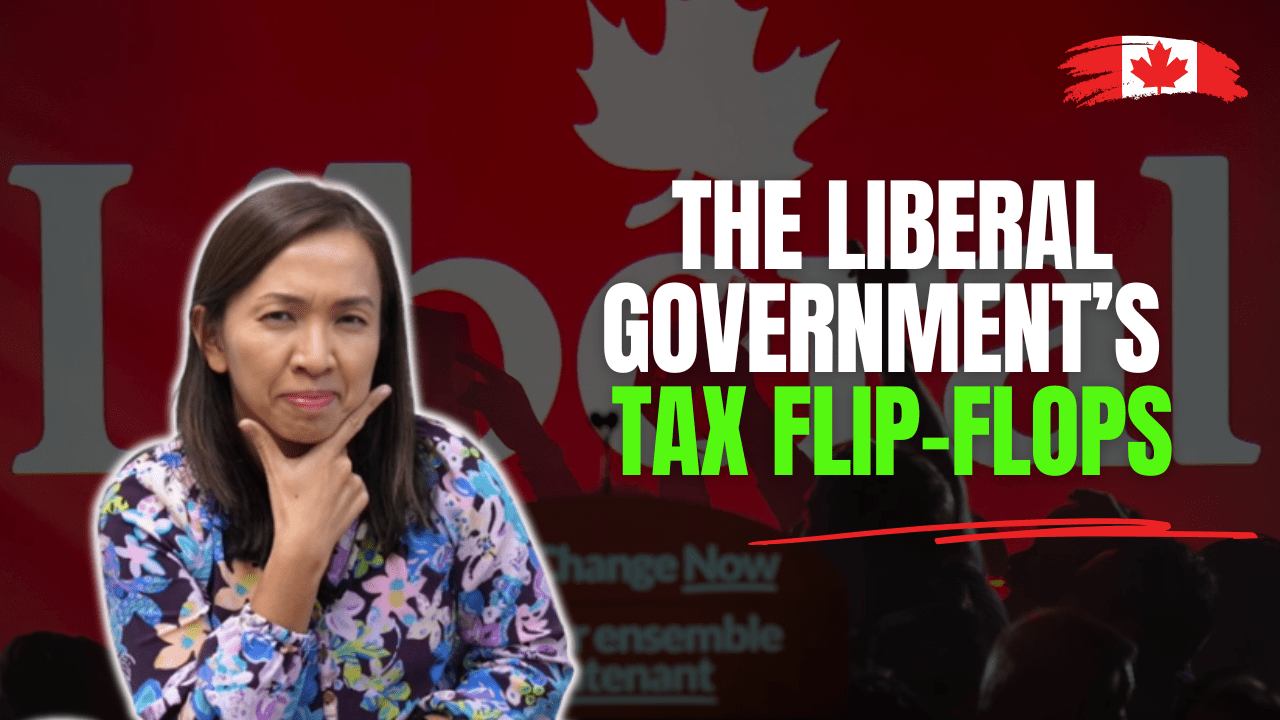Real Estate Investors often ask me, “Can I deduct travel expenses, and if yes, then how?”.
Generally speaking, you can deduct expenses that you incur to earn business income/rental income, subject to a bunch of exceptions, as specified in the Income Tax Act.
Whether you are eligible to deduct a trip, you need to answer the primary question – did you incur these travel expenses for earning a business income?
You can watch my video on this here
Can you Deduct Expenses?
To deduct your travel expenses you need to show that your trip was for the purposes of earning a business income. In simpler terms… it must qualify as a “business trip”.
Things you need to consider:
- Was your trip mostly business? Or did you spend the majority of your time that wasn’t occupied for the purpose of earning a business income, i.e meeting with clients vs. meeting with friends with leisure.
- What is the return on investment for your trip? Are you connecting with a new supplier? Visiting a customer?
- Were your expenses necessary or were they extravagant? Expenses deducted have to be reasonable. For instance, if you rented a car out, did you go with a fair average car or did you rent a Lamborghini?
How Guy Laliberté tried to deduct expenses and failed
Some of you may remember the infamous court case involving the founder of Cirque du Soleil. Let’s use his case as an example:
Cirque du Soleil’s majority shareholder, Guy Laliberté tried to deduct expenses related to his travel to space as a business expense back in 2018. He claimed deduction of his entire trip in Cirque du Soleil’s operation, stating that this trip increased publicity and provided media coverage that would otherwise cost over $300million to achieve.
His trip cost roughly $42million.
Maybe he was aware that the expenses aren’t deductible. It was not deducted in his business’s tax return. He expensed the travel expense on its financial statements (not for tax deduction), paid $38million of the $42 using business money, and left $4million as shareholder benefit.
Even though he didn’t deduct the $38M on its tax return, the $38M paid for by Cirque du Soleil for the benefit of its shareholder is still considered taxable benefit in Guy Laliberte’s personal tax return.
Since the expense was NOT necessary or reasonably justified as being paid by the company, he had to report this $38million in his personal tax return, resulting in personal taxes of $19million.
Yikes! No wonder CRA denied this claim.
The judge acknowledged the increase in media exposure to Cirque du Soleil because of his trip to space. However, the judge concluded that the primary purpose of the trip was for personal purpose rather than for business purpose based on the following reasons:
- Guy Laliberte admitted in multiple videos’ interviews that going to space had been his childhood dream
- The two initial payments (worth USD$25M) made to the space company organizing the trip were made by Guy Laliberte’s holding company, rather than directly from Cirque du Soleil’s operation. Resolution to authorize the trip did not mention the purpose of the trip.
- Agreement with Space Adventures was initially signed with the Holding Company. Not directly with Cirque du Soleil.
- There was no evidence showing that anyone other than Guy Laliberte would be sent to space.
- Defendant claimed that the expense helped Cirque du Soleil’s debut in Russia. Russia’s operation has other arm’s length partners, the cost of the show was charged back but later got reimbursed. Russian’s operation bears no cost for the trip.
- Cirque du Soleil did not monitor the increased exposure during and shortly after the trip was taken.
- Cirque du Soleil’s promotion planning was started after Guy Laliberte committed to taking the trip.
In conclusion, the judge found that the primary purpose of the trip was purely personal, so he disallowed the deduction but allowed the actual costs incurred by Cirque du Soleil and One Drop Foundation to promote the trip.
Was I (Cherry Chan) able to deduct expenses on a trip to my home country?
In the same year, I went to Hong Kong, to attend a family funeral. As you will note, the primary purpose of my trip was personal.
I did spend some time doing work, but the business-related reasons were very minimal compared to the primary objective of my trip.
The simple answer to the question is no. I couldn’t deduct the flight and hotel costs of the trip.
But I was able to deduct the incremental costs I incurred for working on the business while I was there.
I didn’t incur any expenses for my video recordings and book writings. If I did as well, those incremental expenses would have been deductible too.
If I had met up with a prospect to discuss future business opportunities, the meal costs for taking this prospect out would have been deductible.
What is deductible, if these two scenarios the expenses were not entirely deductible?
Although the cost of my trip to Hong Kong was way less ($1,500) than the cost of Guy Laliberté trip ($42million), the rule here is the same.
The main takeaway is this – to deduct expenses, the primary reason for your trip must be a business purpose.
If the primary purpose of the trip is to attend a business-related conference or to meet with suppliers/prospects/clients – make sure you have the right documentation to prove so, (such as email communications) before you plan to deduct expenses of the trip.
The sequence of events matters.
If you also want to take a tour, have some R&R while you’re there, timing and evidence would matter.
Room & board, however, would be deductible if the trip is for business. Expenses incurred for personal enjoyment would not be deductible.
On the other hand, if you plan your vacation first, then tag on some business activities afterwards. The timing of your email communication and planning will be completely different.
Publicity may be good or bad, be careful with what you publish online.
Whenever I tell people that CRA auditors use google search as well, people always laugh.
It’s true. If you can search for the information, CRA auditors can do the same thing. And trust me, they would!
If you are telling people on social media that you are taking your family for a Disney cruise, chances are, they can also find out!
What you publish online matters.
Family can come along but be careful and deduct only what’s business related.
If your family is coming along and they do not participate in the business, you probably should keep their expenses as personal.
If the primary purpose of the family making the trip was to help at the tradeshow, you may be able to deduct expenses made on this trip.
Just be mindful with the key consideration here: is the primary reason for your trip business related or personal purpose?
Until next time, happy Canadian Real Estate Investing.
Cherry Chan, CPA, CA
Your Real Estate Accountant





